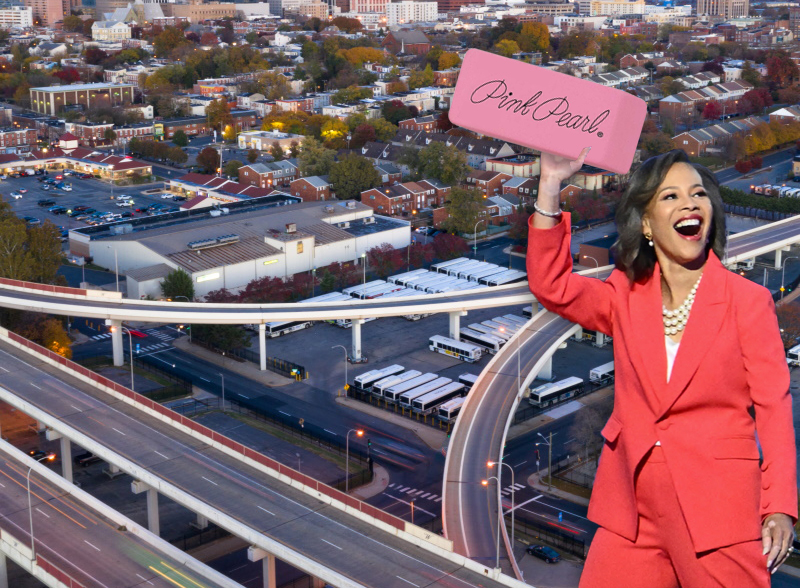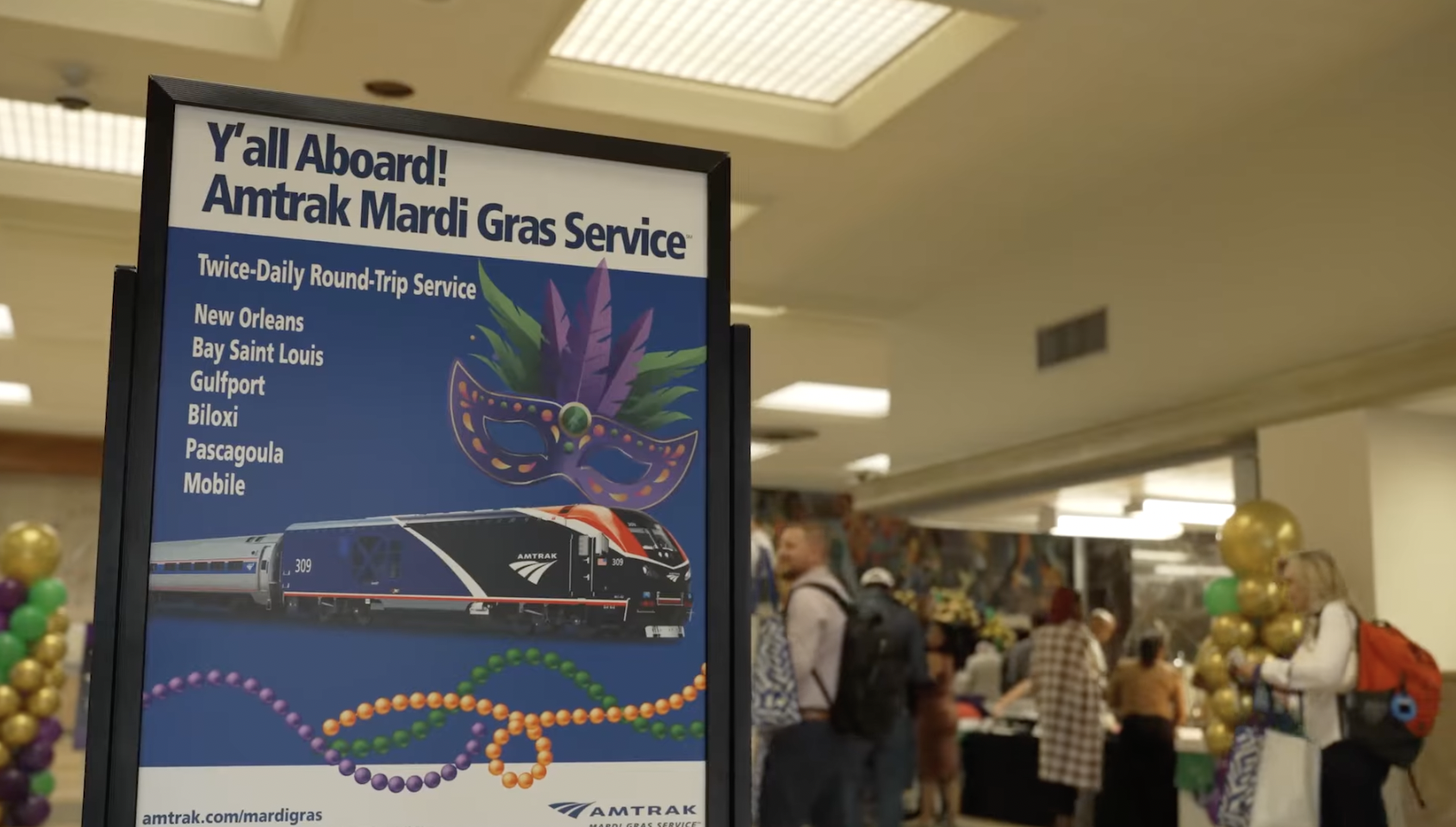Republican lawmakers in Rhode Island are trying to pay for roads and bridges without new tolls on trucks.

James Kennedy at Transport Providence is wondering what's so conservative about giving a free pass to the interests that inflict the most damage on roads, since everyone else will have to pay instead:
One way we can assess the usefulness of a piece of infrastructure is to think of how much it costs, how much wealth it produces, and what people are willing to pay for it. Anti-tollers are saying that the price they've set is zero.
People will respond that we pay for roads through gas taxes. That's only partially true. Road infrastructure is paid for in this country through a variety of means, and only about half of road cost is covered by gas taxes. That is both a function of the gas tax being low, and our spending being too high.
Gas taxes also have the fault of charging higher fees to users of local roads, and then essentially turning much of their funding over to highways, interchanges, and bridges. This is one reason tolls make sense: assigning a cost to going on a particular piece of infrastructure is more optimal than having a kind of gas tax slush fund that RIDOT can use at its discretion. The tolling requires, by federal law, that those bridges that are tolled are the only ones that can be paid for. This is truly GOP thinking if ever there was such a thing.
Tolls also make sense because they charge the users that use the most, in terms of weight. The proposal to toll trucks comes in the face of the fact that a single truck does 10,000 as much damage to roads and bridges as one car.
All sorts of scare tactics have come forward about the effect of tolls. It's true, in a matter-of-fact sense, that truckers will try -- to the extent that the market allows -- to pass the cost of tolls on to consumers. But not to toll is also to pass that cost, just through some other means.
Elsewhere on the Network today: Bike PGH reports that air pollution levels on neighborhood streets dropped dramatically during an open streets event. And Seattle Bike Blog has an update on the city's efforts to encourage biking and walking to school.





